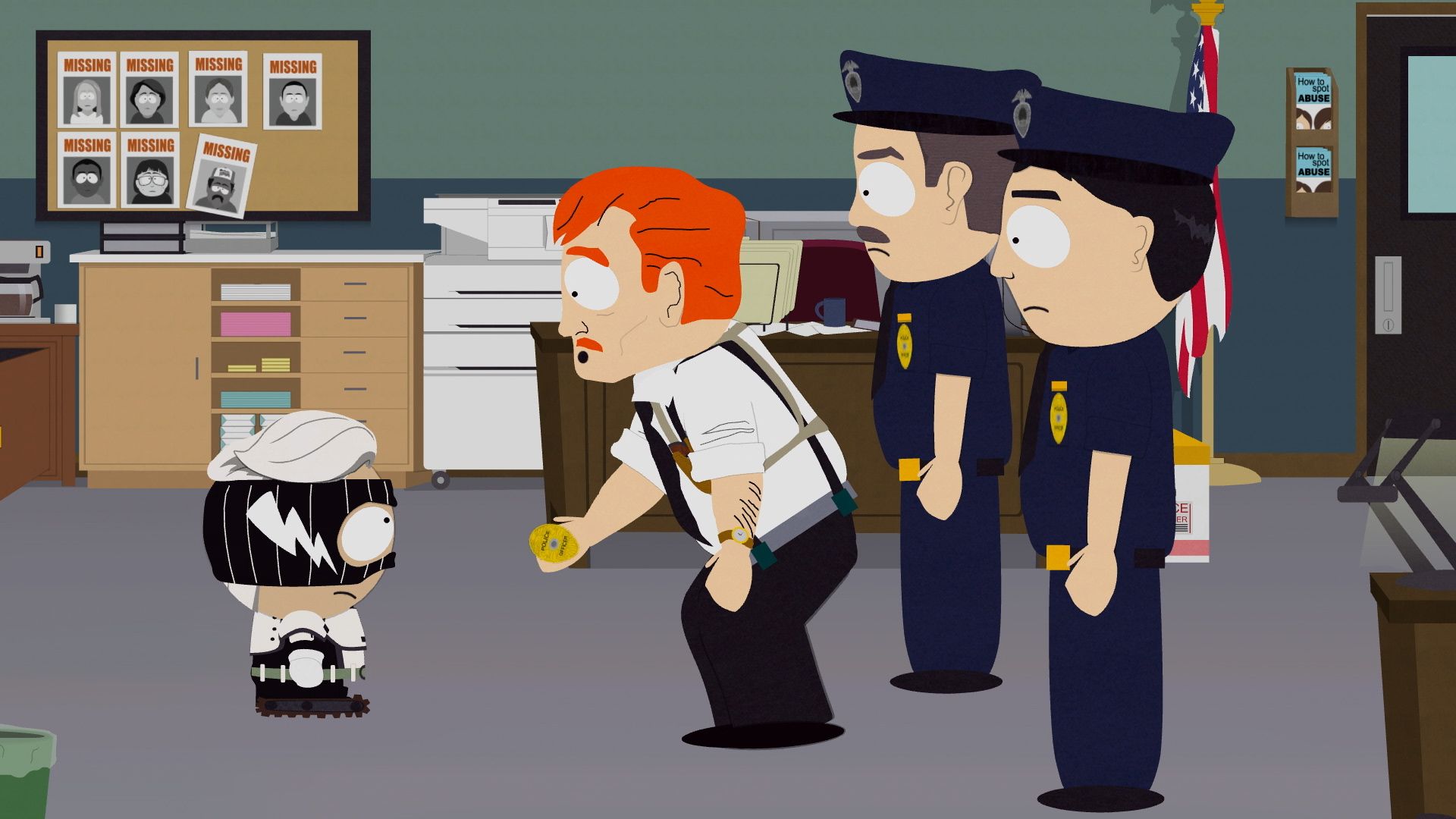

“The big ones no longer distinguish themselves from each other on the important issues.”Ī major factor, they argue, is the increasingly fractured party landscape which has forced politicians to contemplate coalitions that would have been unthinkable in the past. “One reason people are voting less is that the parties have become so similar,” said Klaus-Peter Schoeppner, head of the Emnid polling institute. But that hasn’t prevented much soul-searching, with Germans asking whether the absence of political debate represents a threat to democracy itself. FEWER VOTERSĬompounding the angst have been two studies, from the Friedrich Ebert Foundation and Bertelsmann Foundation, showing a sharp drop in German voter participation.Īccording to the Friedrich Ebert study, 18 percent fewer Germans vote in national elections than did three decades ago, the second largest decline among western European democracies after Portugal.Īt roughly 70 percent, Germans still vote at a higher rate than their counterparts in the Britain and the United States, at 65 and 57 percent respectively. The opinion polls showing Merkel’s conservatives with a comfortable lead over the SPD have barely budged for months.Īs so often happens in Germany, a new word - “Nichtwahlkampf” or non-campaign - has cropped up in the media to describe this troubling state of affairs. There is no doubt that it is finally underway colorful party posters in the streets and Merkel’s first week of rallies, after her return from an Alpine hiking vacation, attest to that.īut there is no excitement in the air. This has given the parliamentary election campaign a surreal feel. Merkel has pushed her Christian Democrats (CDU) so close to the opposition Social Democrats (SPD) and Greens on energy, wages and family policy that the parties have become virtually indistinguishable for many voters. Yet there is virtually no debate about the major problems facing Germany - from handling its exit from nuclear energy to addressing an ageing population and articulating a vision for the euro zone.ĭifferences between the major parties are also hard to identify. In five weeks’ time Germans will vote in what has been billed as the most important election of the year in Europe, a continent struggling to emerge from years of financial and economic crisis. REUTERS/Fabian BimmerĪ century and a half later, Angela Merkel seems to be modeling an election campaign on the musings of Germany’s “Iron Chancellor” the modern day chancellor is avoiding detailed discussion of what she would do with a third term and instead emphasizing her personal appeal over policy prescriptions. German Chancellor Angela Merkel (CDU) (C) is welcomed by supporters as she arrives at an election campaign in Cloppenburg, August 17, 2013.


 0 kommentar(er)
0 kommentar(er)
